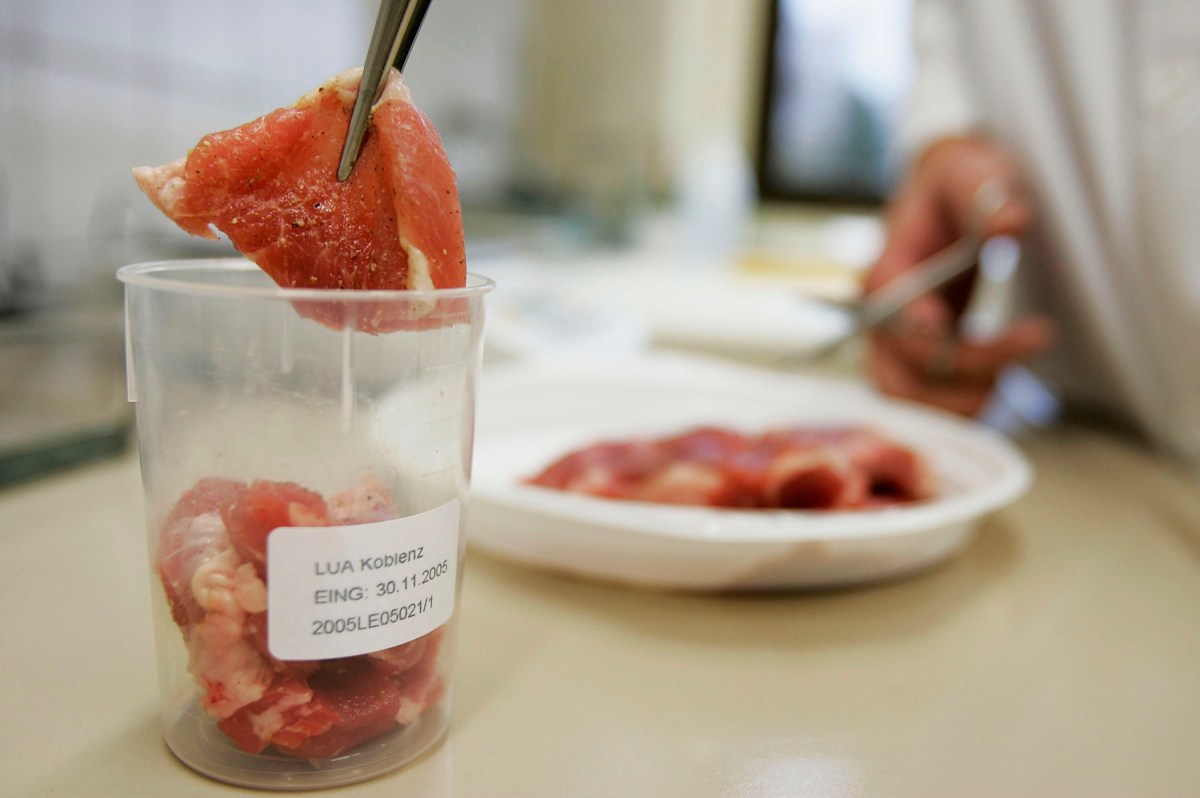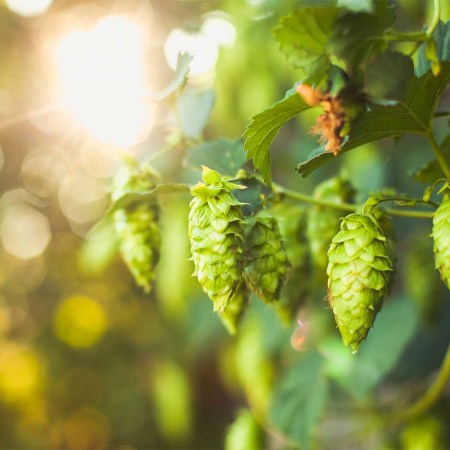As researchers look for ways to curb traditional beef and cattle farming, which contribute greatly to climate change, they discovered that man-made cultured lab meat could contribute more to climate change than beef from cows.
According to the BBC, it depends on the amount of energy used while creating engineered lab meat.
“The climate impacts of cultured meat production will depend on what level of sustainable energy generation can be achieved, as well as the efficiency of future culture processes,” John Lynch, the study’s lead author, said. “If the lab-grown meat is quite energy intensive to produce then they could end up being worse for the climate than cows are.”
The gas produced by cow farts and patties sticks around in the air for years, sometimes decades. However the emissions made by scientists creating lab meat could stay in the atmosphere for hundred of years.
Climate change isn’t the only environmental concern that researchers are worried about. Water pollution could also be an issue and byproduct of culture meat creation.
“Artificial meat may result in the presence of organic or chemical molecule residues in water, because the process would need to produce huge amounts of chemical and organic molecules, such as hormones, growth factors, to add to the culture medium to grow the meat,” Professor Jean-Francois Hocquette from the French National Institute for Agricultural Research told the BBC.
Although the cultured meat isn’t available on grocery store shelves right now, it could be one day. Consumers might could feel as though they’re helping the environment by saving a cow. But they could really be doing more damage to Earth in the long run.
Thanks for reading InsideHook. Sign up for our daily newsletter and be in the know.

















